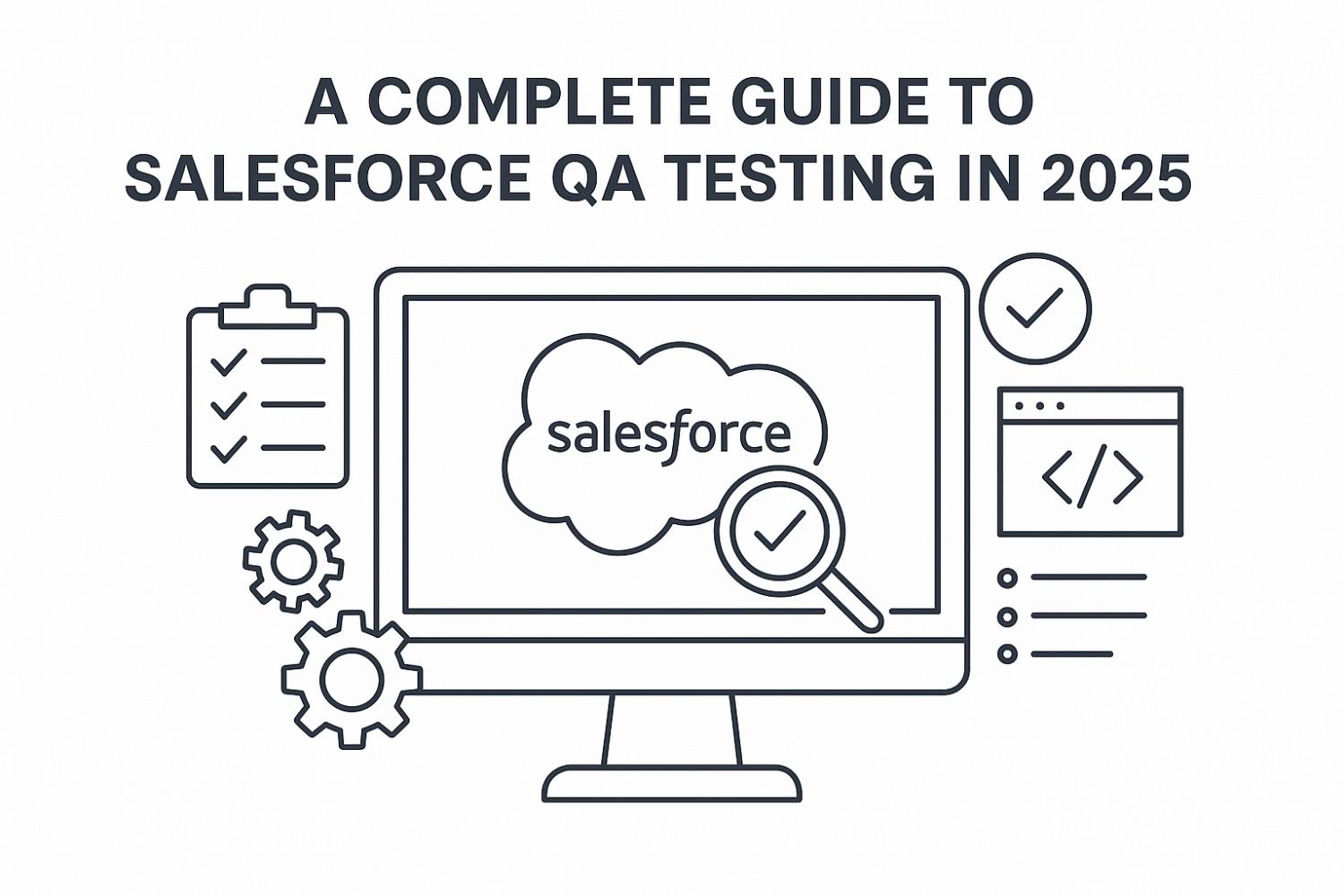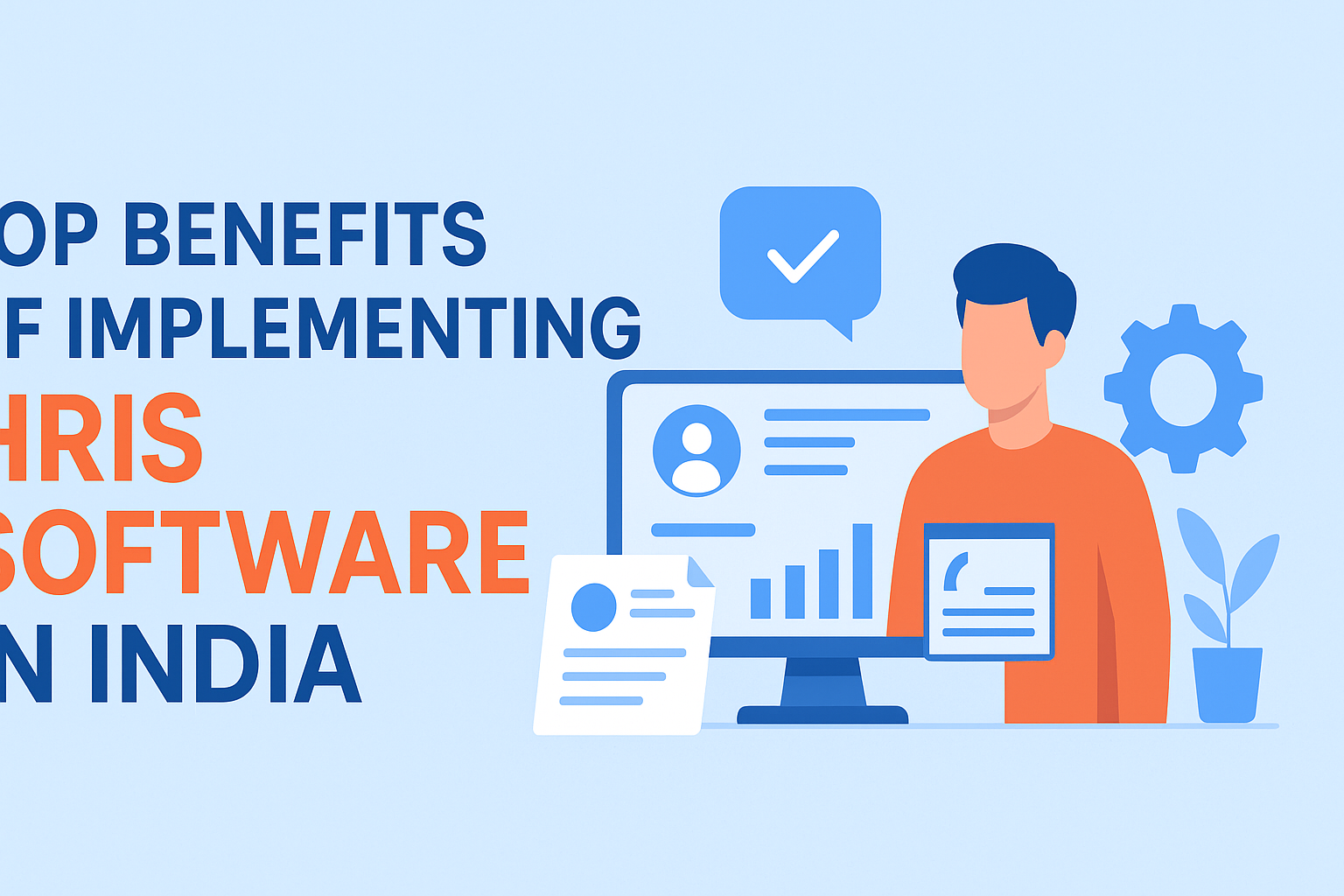In today’s fast-paced digital economy, businesses are realizing the importance of technology in optimizing their operations. One of the key areas where technology has made a significant impact is Human Resources (HR). Managing employees, payroll, compliance, and performance can be a daunting task when done manually. This is where HR software in India comes into play. From small startups to large enterprises, companies are embracing HR technology to streamline processes, reduce errors, and improve overall efficiency.
This blog provides a complete guide to the benefits of implementing HR software in India, helping you understand why it has become an essential tool for modern businesses.
1. Centralized Data Management
One of the biggest challenges for HR teams is managing employee records. Traditional methods like spreadsheets or paper files are not only inefficient but also prone to errors.
With HR software:
- All employee data—personal details, attendance, performance, and payroll—is stored in a single digital platform.
- HR professionals can quickly access and update information in real time.
- Cloud-based HR software ensures secure access from anywhere, making it especially useful for companies with remote or hybrid teams.
Centralized data management reduces redundancy, prevents data loss, and ensures accuracy.
2. Streamlined Payroll Processing
Payroll is often one of the most time-consuming and complex HR functions. In India, with statutory requirements like PF, ESI, and TDS, manual payroll management can be error-prone.
HR software simplifies payroll by:
- Automating salary calculations, deductions, and reimbursements.
- Generating accurate payslips instantly.
- Ensuring compliance with government regulations.
The automation not only saves time but also minimizes costly payroll errors that could affect employee trust.
3. Compliance with Indian Labor Laws
Staying compliant with Indian labor laws is critical but often challenging due to frequent updates and complex rules. Missing a compliance deadline can result in penalties.
HR software helps businesses stay compliant by:
- Automatically updating statutory compliance features.
- Calculating PF, ESI, professional tax, and TDS accurately.
- Providing ready-to-file reports for audits.
This ensures businesses remain legally sound without spending excessive time tracking regulatory changes.
4. Simplified Recruitment and Onboarding
Hiring the right talent quickly is crucial for business growth. Traditional hiring processes are often slow and inefficient.
HR software offers:
- Job posting automation across platforms.
- Applicant tracking systems (ATS) to screen and shortlist candidates.
- Digital onboarding portals for completing documentation online.
This creates a smooth hiring journey, reduces time-to-hire, and improves candidate experience.
5. Accurate Attendance and Leave Management
Managing attendance manually often leads to errors and confusion. HR software provides automated solutions that make attendance and leave management seamless.
Key benefits include:
- Biometric or mobile app integration for attendance tracking.
- Geo-tagging for field and remote employees.
- Automatic leave requests, approvals, and balance tracking.
- Integration with payroll for accurate salary deductions.
These features save time for HR teams and improve transparency for employees.
6. Employee Self-Service Features
Employees don’t want to depend on HR for every small request. Modern HR software empowers employees with self-service portals where they can:
- View and download payslips and tax documents.
- Apply for leaves and check approval status.
- Update personal details without HR intervention.
- Access company policies and benefits information.
This reduces HR workload and increases employee satisfaction by giving them more control over their information.
7. Better Performance Management
Employee performance directly impacts organizational success. Traditional performance reviews are often outdated and subjective.
HR software provides structured performance management by:
- Allowing goal-setting and tracking (OKRs and KPIs).
- Enabling 360-degree feedback.
- Linking performance reviews with rewards, promotions, or training.
- Offering real-time feedback to employees.
This creates a transparent and continuous performance evaluation system that motivates employees to excel.
8. Advanced Analytics and Reporting
Data-driven insights are key to better decision-making. HR software in India now comes with advanced analytics tools that provide actionable insights into workforce management.
With built-in dashboards, HR teams can analyze:
- Employee turnover and attrition rates.
- Recruitment efficiency and costs.
- Productivity trends and absenteeism.
- Training effectiveness and skill gaps.
This helps businesses identify challenges early and make informed HR strategies.
9. Scalability for Business Growth
As businesses grow, their HR needs evolve. HR software provides scalability to accommodate these changes.
- Startups can begin with basic payroll and leave management.
- As the workforce expands, companies can add modules for recruitment, performance, or analytics.
- Cloud-based systems ensure upgrades happen seamlessly without disrupting operations.
This flexibility makes HR software a future-ready solution for all business sizes.
10. Support for Remote and Hybrid Work Models
The rise of remote work has made digital HR solutions essential. HR software supports remote work by offering:
- Mobile-friendly access for employees.
- Virtual onboarding and e-document verification.
- Attendance tracking through apps or geolocation.
- Integration with communication tools like Slack or Teams.
This ensures HR operations run smoothly even when teams are geographically dispersed.
11. Cost Savings
While HR software requires investment, the long-term cost savings outweigh the initial expenses. Businesses save money by:
- Reducing manual HR workload.
- Minimizing payroll and compliance errors.
- Lowering paper and administrative costs.
- Improving employee retention with better engagement.
For SMEs especially, these savings can make a significant difference in profitability.
12. Improved Employee Engagement and Satisfaction
Engaged employees are more productive and less likely to leave. HR software boosts engagement by:
- Providing recognition tools and rewards programs.
- Conducting regular surveys to gather employee feedback.
- Ensuring transparency in performance tracking.
- Giving employees easy access to HR resources.
A motivated workforce directly contributes to business success.
Future of HR Software in India
The HR tech landscape in India is rapidly evolving. Future trends include:
- AI-driven recruitment tools for better candidate matching.
- Predictive analytics to identify attrition risks.
- Voice-enabled HR chatbots for instant employee support.
- Enhanced cybersecurity to protect employee data.
As businesses become more digital-first, HR software will continue to grow in importance.
Conclusion
Implementing HR software in India offers a host of benefits that go beyond just automating HR processes. From payroll efficiency and compliance management to employee engagement and data-driven insights, HR software is transforming how businesses manage their workforce.
For startups, it provides scalability and affordability. For SMEs, it ensures compliance and efficiency. For large enterprises, it offers advanced analytics and streamlined HR operations.
In short, HR software is no longer a luxury—it’s a necessity for businesses aiming to stay competitive in today’s digital era.
If your business hasn’t yet adopted HR software, now is the time to make the shift.





